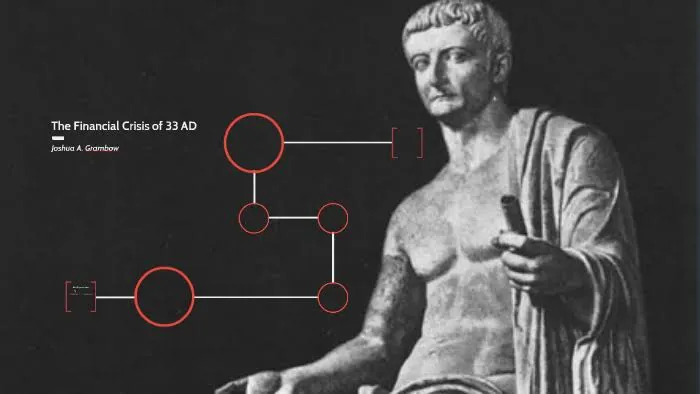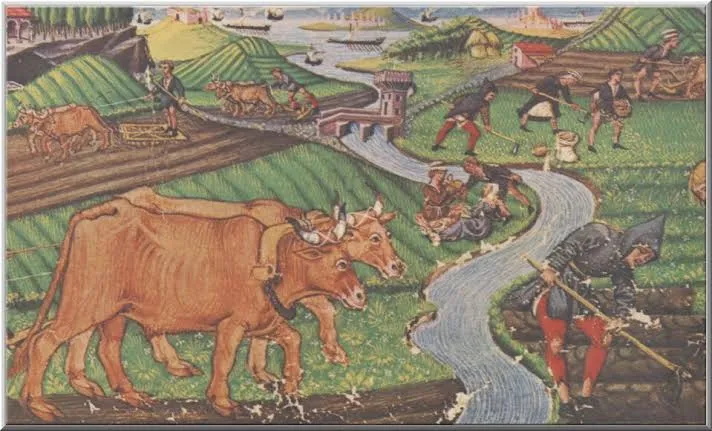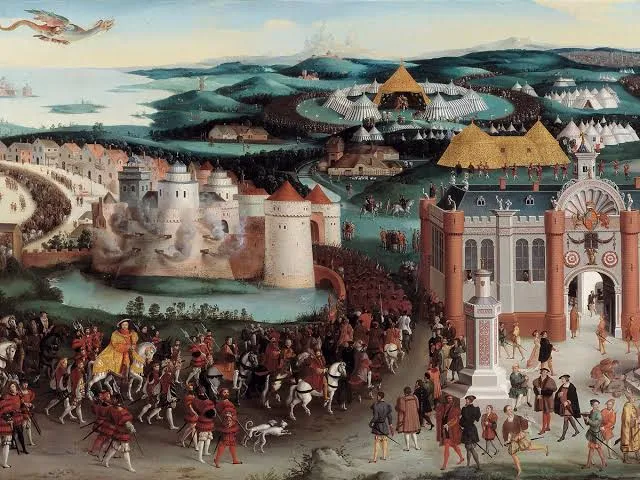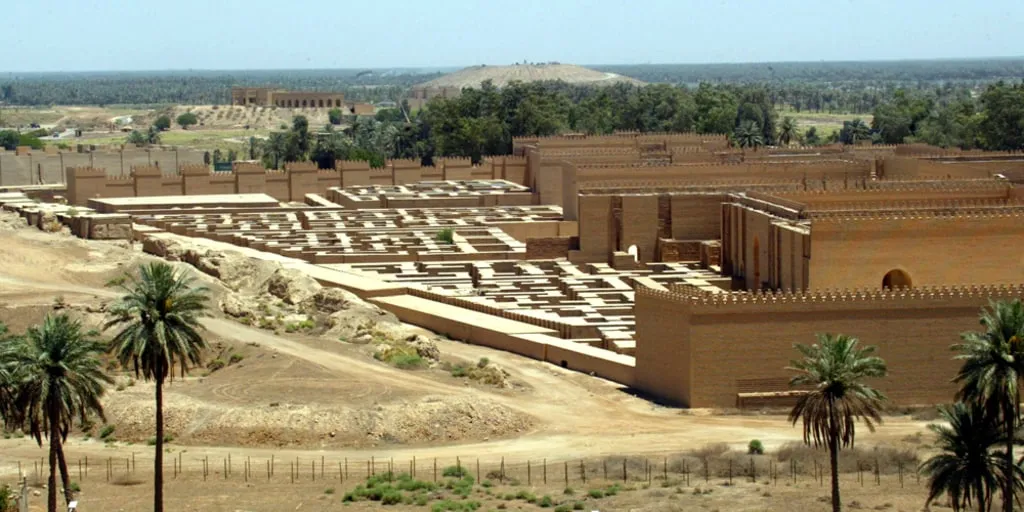This is about the most insane economical history we have, also the first we have related, the financial crise in Rome 33 A.D. , same year that Jesus was cruxificated.
So, wtf this has to do with macroeconomics?!
Answer: A lot!!

Before this event, unstable circumstances were accumulating, political disputes... The question is that the former emperor at time, Tiberius, was betrayed by a group of his senate members, which also led to the death of his son by poisoning while he was out of town, a plan to try to usurp the throne after that. The plot was discovered, causing death sentences to the architect and his followers, their lands confiscated.
The recession caused by panic set real estate price to decline... agriculture always was a dependence of any civilization. Laws at the time were complicated and forced creditors (lenders) to also invest 1/3 of his money in lands, a law that was made by César, forggoten, and re-used there, subjected to many penalties. The question is that they were asking money from banks with high interests to make these investments with no return, since lands prices were going down, that also agravated a credit and debt cycle. And even more after they doubled the law, imposing 2/3 of equity invested on lands.

(I took this part below from Seeking Alpha site, since I think we can agree that is one of the best sources we have and is well explained).
"What followed was a credit crisis. Creditors called in their loans in order to buy land and comply with the new laws. A glut of land sales led to sale at auction at depressed prices. Instead of inflating asset values, a deflationary force fell upon the empire. Those who were convicted of violating the law saw their property seized, resulting in substantial amounts of coin flowing into the imperial Treasury, taking money out of circulation and contracting the money supply".

So, we can observe here that there was a monetary contractionism without inflation, which normally is the cause for this effect.
This shortage of credit caused banks to fail, they were interconnected already, making interests rates swaps operations for ex (taking low interests from one country to lend or invest in higher rates in another), however this surge demand for great ammounts of credit and the incapacity of banks to fullfill it always makes a doubt about the liquidity, that wasn't possible to be supplied in real economy, which led to "bank runs", requeriments of withdrawns from the richers that needed to follow the law, causing institutions to collapse due to insolvency.

All that was solved by quantitative easing (insertion of credit with low or zero interests rates) by the Roman Empire (the so called last resort lender, right?!), Simple like that...
(I know what everyone is thinking, if all that was rigged so the emperor could take lands from richs that were betraying him in a legal way, creating unpayable debt, taking properties, and then solving it with actually modern theory based ways. But I'll try to keep on the facts we have, tough infos to get, apocryphal texts... History by itself was curious enough, but yeah, If they knew quantitative easing would solve the recession, why haven't they done it before besides constrict even more?)

However we can deduce that they were smart, knowing what they were doing with macro fiscal policies, and its crazy to think since first macro theory was created with Adam Smith on sec. XVIII, there is a big historical abyms on how that knowledge wasn't propagated before, even with many cultures been destroyed by war, like the Babylon library that used to talk a lot about finance (maybe gathering infos from Asia and Middle East long before that), however it is weird that this knowledge also didn't come out from others civilizations...

So, there is much that is not explained, what was the basis they had before for that? Where they got it from? And why Vatican would have the need for a secret library? Isn't all that really weird? What do they have to hide? Where are the sumerians? (Just joking).